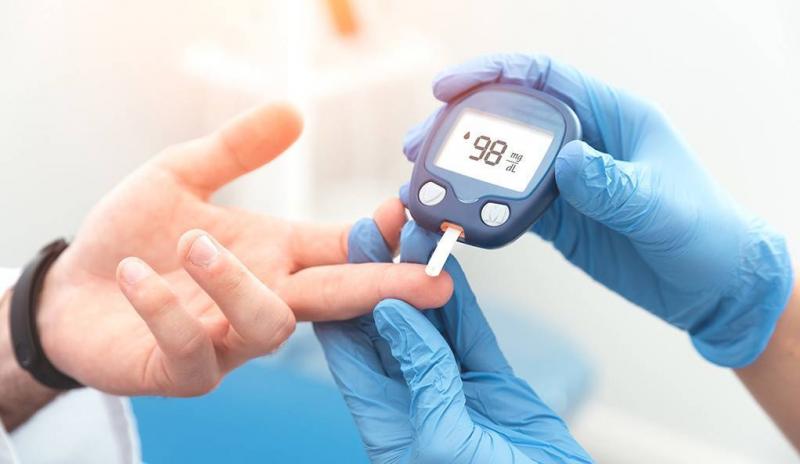A recent study has confirmed severe health risks associated with the consumption of low-calorie soda drinks marketed as "diet." It pointed out that this type of soda could, over time, stimulate appetite and lead to increased intake of sweet foods, thereby increasing the calories consumed by the body. The study, published in the journal "Nutrition Obesity," warned individuals—especially those suffering from obesity—against consuming diet soda, as they are particularly sensitive to the cravings associated with artificial sweeteners.
Researchers relied on 72 volunteers to assess how their brains reacted to images of high-calorie foods, based on MRI scans of brain areas linked to food cravings and sugars. During the examination of the adult participants who consumed one of three drinks—water, a sugary drink, or a sucralose-sweetened beverage, which is a zero-calorie artificial sweetener—the researchers measured the hormones of the volunteers and noted the amount of food they consumed afterward. They discovered that consuming diet beverages increased the desire of both participating men and women with obesity to eat more.
The researchers observed a significant signal in brain areas associated with reward-seeking behavior in response to various food images, compared to when they consumed sugary drinks. Doctors and nutrition experts caution that many people are drawn to purchasing these types of low-calorie sodas and associate them with a healthy diet, making them a crucial part of their daily routine, despite being sweetened with artificial substances. They specifically warn heart and diabetes patients against diet sodas, emphasizing that they are still part of the caloric intake into the body. They advise against being misled, as some artificial sweeteners can be dangerous and may cause numerous harmful effects, including headaches, nausea, weight gain, and cancer-related diseases.




